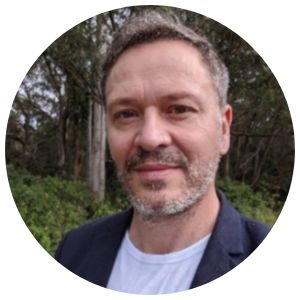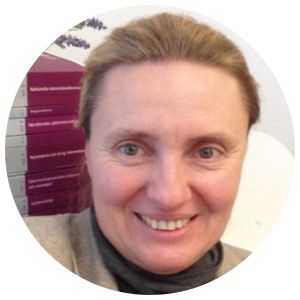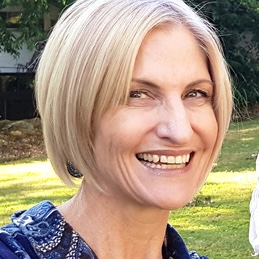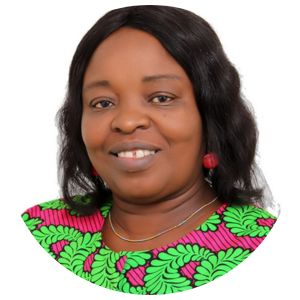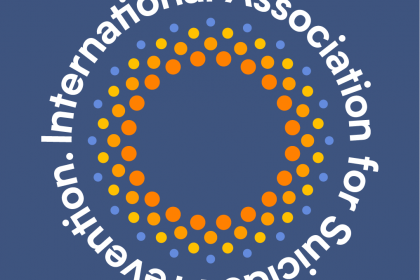CO-CHAIRS:
The aim of the Education and Training in Suicide Prevention Special Interest Group is to support the development of high-quality education and training in suicide prevention around the world.
This SIG will bring together researchers, educators, teachers at different levels of education, practitioners, people with lived experience and different organisations who have a common interest and expertise in education and training in suicide prevention with the goal of supporting the development of high-quality education and training in suicide prevention around the world, including lower to middle-income countries where rates and numbers of suicide are high. The work of the experts in this crucial area will be shared and supported which will strengthen the skills and competencies.
Objectives:
1. Improve data and research outcomes through:
- Better understanding study appropriate methodologies and tightened rigor of research conducted.
- Identifying and understanding gaps in research (historically, culturally etc)
- Building the evidence-base.
- Mapping how educational suicide prevention programs at school, university, professional, and community levels are implemented in different countries.
- Mapping which countries do have education as an integral part of their national program/strategy in suicide prevention.
2. Increase collaborative opportunities in the areas of both training and research:
- Developing a community of researchers, practitioners, people with lived experience, and other people with a common interest and expertise in education in suicide prevention.
- Supporting schools, universities, professional associations, and communities in the development and evaluation of suicide prevention educational programs, and training skills, both face-to-face and online.
- Cooperating with other IASP programmes (such e.g. Partnerships for Life) and incorporate the expertise of other IASP Special Interest Groups within this group.
3. Enhance lived experience direct involvement in training and research; particularly for targeted and diverse populations, and a better understanding of what ‘lived experience’ means across different cultures.
4. Explore existing cultural practises of communication to better understand the different theories, models and system protocols that exist within different cultural lenses and how best apply this in practice:
- Are we using the correct touchpoints/influencers?
- What could be adopted to better support existing practices?
- Better understand the nuances of intervention within prevention and postvention stages of community training.
5. Gather and disseminate knowledge regarding education in suicide prevention to IASP members and the broader community.
6. Generate and support research and training opportunities in lower to middle income countries
7. Advocate for improved understanding of evidence-base to assist with clearer policy inclusion of intervention skills training:
- For national governments and intergovernmental organisations (IGO’s);
- Within global humanitarian relief and support organisations (UNICEF, Red Cross, Save the Children etc)

SIG Education and Training in Suicide Prevention activities in 2024:
- Organised a seminar and networking meeting at the IASP 11th Asia-Pacific Conference in Bangkok, Thailand in June 2024.
- Organised a seminar at the 20th European Symposium on Suicide and Suicidal Behaviour in Rome, Italy in August 2024.
- Organised a networking meeting at the IASP Pan-American Conference in Minneapolis, USA in November 2024.
- Reach In, Reach Out Podcast episode on Education and Training in Suicide Prevention (Hosted by Professor Rory O’Connor with Co-Chairs, Dr Anna Baran and Marc Bryant)
- Ongoing multi-country research study exploring the needs and preferences of the students based on the Multi-Country Survey on Higher Education Multidisciplinary Suicide Prevention Curriculum and Capacity Building (HESP-CCB). Over 35 countries expressed preliminary interest in this study. New countries are still welcome as the study will continue during 2025 and 2026. If you are interested, please contact the co-leaders of this study for more information: Associate Professor Jacinta Hawgood and Dr Anna Baran.
If you would like to join this SIG, please contact us.


